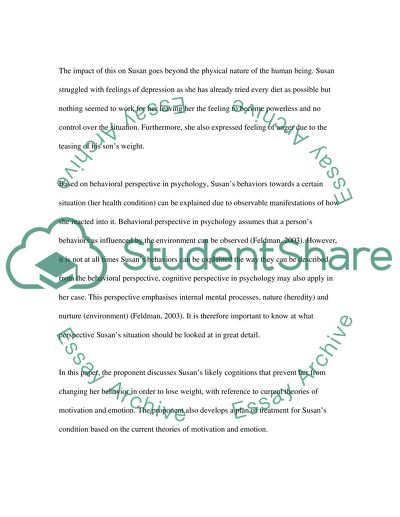Cite this document
(“Motivation and Emotion and the Obesity Essay Example | Topics and Well Written Essays - 2000 words”, n.d.)
Retrieved de https://studentshare.org/psychology/1434088-motivation-and-emotion
Retrieved de https://studentshare.org/psychology/1434088-motivation-and-emotion
(Motivation and Emotion and the Obesity Essay Example | Topics and Well Written Essays - 2000 Words)
https://studentshare.org/psychology/1434088-motivation-and-emotion.
https://studentshare.org/psychology/1434088-motivation-and-emotion.
“Motivation and Emotion and the Obesity Essay Example | Topics and Well Written Essays - 2000 Words”, n.d. https://studentshare.org/psychology/1434088-motivation-and-emotion.


